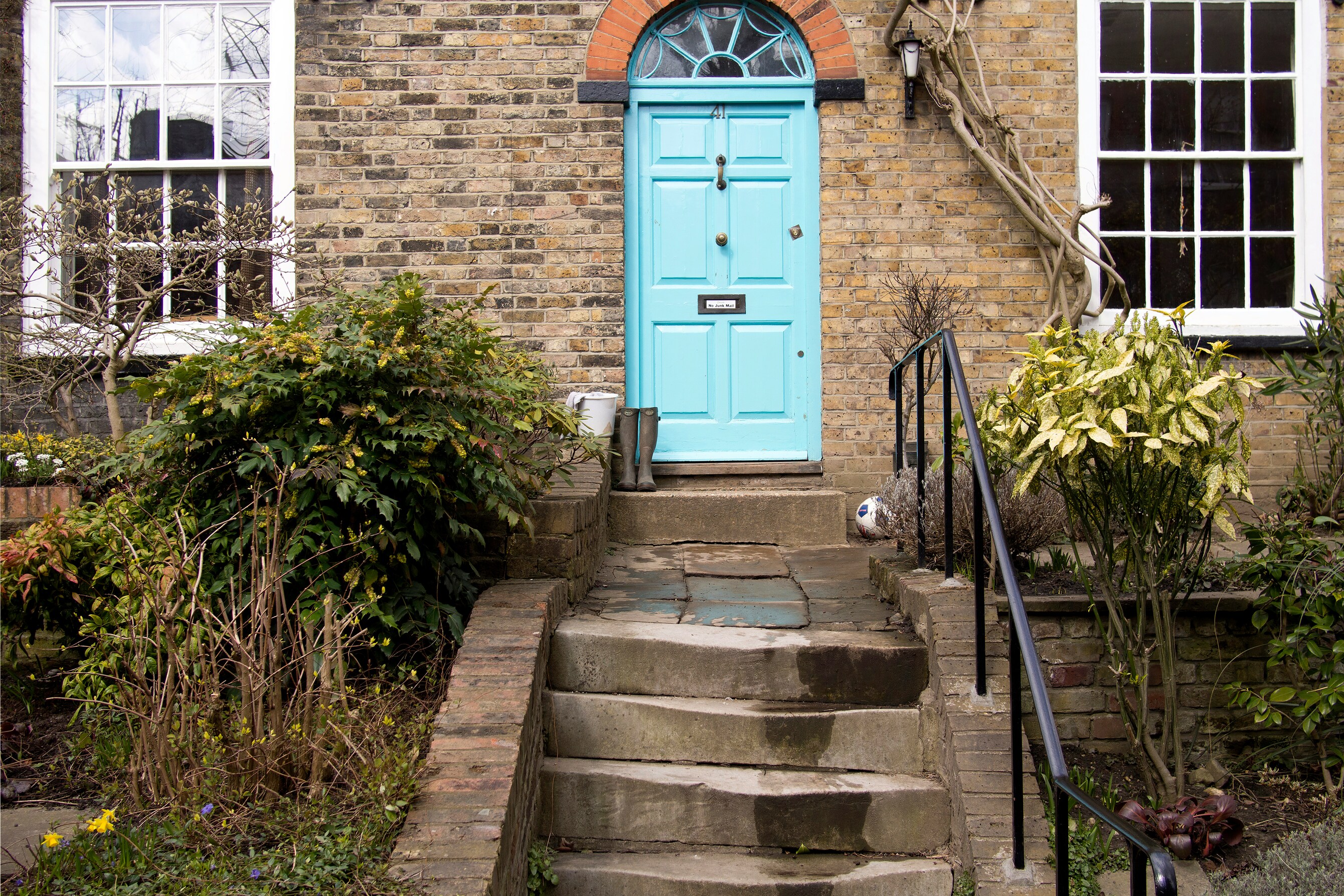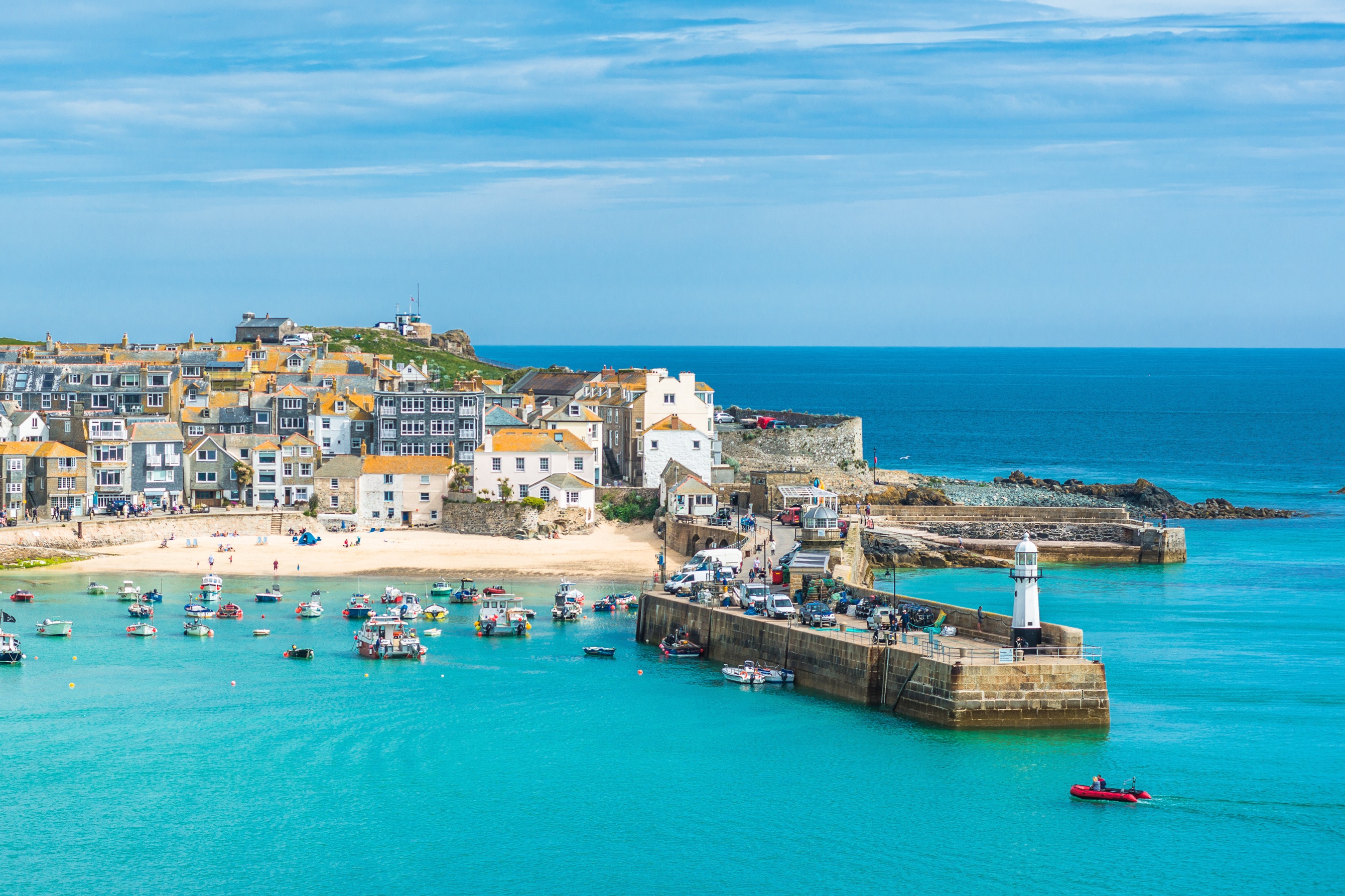How to protect your vacant home In 5 steps
We all know that selling your home can be stressful at the best of times, right? But when you need the property vacant for an extended period of time, it can sometimes increase that stress threefold. Whatever your reason - perhaps you have accepted a new job in a new area, you need more space to work-from-home or you have finally found your ‘forever home’, leaving your current home empty can bring a handful of challenges in tow. From maintaining the property’s condition while you’re away, to ensuring that it is well-protected against natural disasters or burglary incidents, we have rounded up five effective ways to help you protect your vacant home while it sits on the market.
Check your insurance
When you know you are about to leave your home unoccupied for an extended time (this also applies while you are away on holiday too!) it is always a good idea to let your home insurance provider know about it. Often, they will offer a special type of coverage specifically aimed at your individual situation, giving you reassurance that you will be protected should anything go wrong. When you inform your home insurance provider, don’t be surprised if your policy charges do increase slightly. Since nobody will be present in the home to occupy nor look after it, insurance providers will often require more money to cover the additional level of risk involved.
Contact a neighbour
Our second step to protecting your home while you have moved out or are away is by contacting your neighbour to let them know what you are leaving prior to the move. After you have packed up your home and you are ready to say your goodbyes, call over to your neighbours home to let them know the situation and ask them to keep an eye on the property while you are not there. Or, you could write a letter with your personal details and your new address. If you are expecting any viewings or any appointments to the old property, be sure to let your neighbour know so that they can expect this
Consider mother nature
Mother nature can be a cruel mistress so it’s important to protect your house from the elements. When the weather turns nasty, you need to be prepared.Consider using a programmable thermostat to keep your pipes from freezing in the winter and to cool your property down during the summer months (Tip: Some thermostats have integrated Wi-Fi so you can have remote access to alter them accordingly) Board your property with a high-quality security screen (Security screens can be particularly effective at keeping mother nature at bay. Strong, sturdy and virtually impenetrable without specialist equipment, they will also stop your vacant home from becoming an easy target for unwanted guests, vandalism or potential break-ins)
Utilise the light
Outdoor security lights typically act on a sensor, turning on when they sense movement or somebody approaching the house. This is both easy and affordable to do, in order to ensure that your home has a little bit extra protection. Additionally, setting indoor lights to turn on by a timer at certain times of day can also help to deter potential thieves and give the illusion that the house is lived in.
Prepare the property
Before you vacate your home for good, there are several things you should think about doing. This can be:
● Replace old/worn entry doors
● Ensure that all windows are locked
● If there is anything that you need to replace or fix before the property sells, ensure that this is done
● Activate all security systems
● Activate smart home devices
While we understand that it will be exciting to get away and move into your new home, if something goes wrong with your vacant home could leave you regretting rushing the process of moving out. To prevent this, write a checklist of everything you need to do before you leave and do all you can to ensure that your home is left as safely as possible.
Contact us
Are you thinking of moving home? Or are you looking for your dream home? We can help! Get in touch with your local Guild Member today to get the ball rolling.





